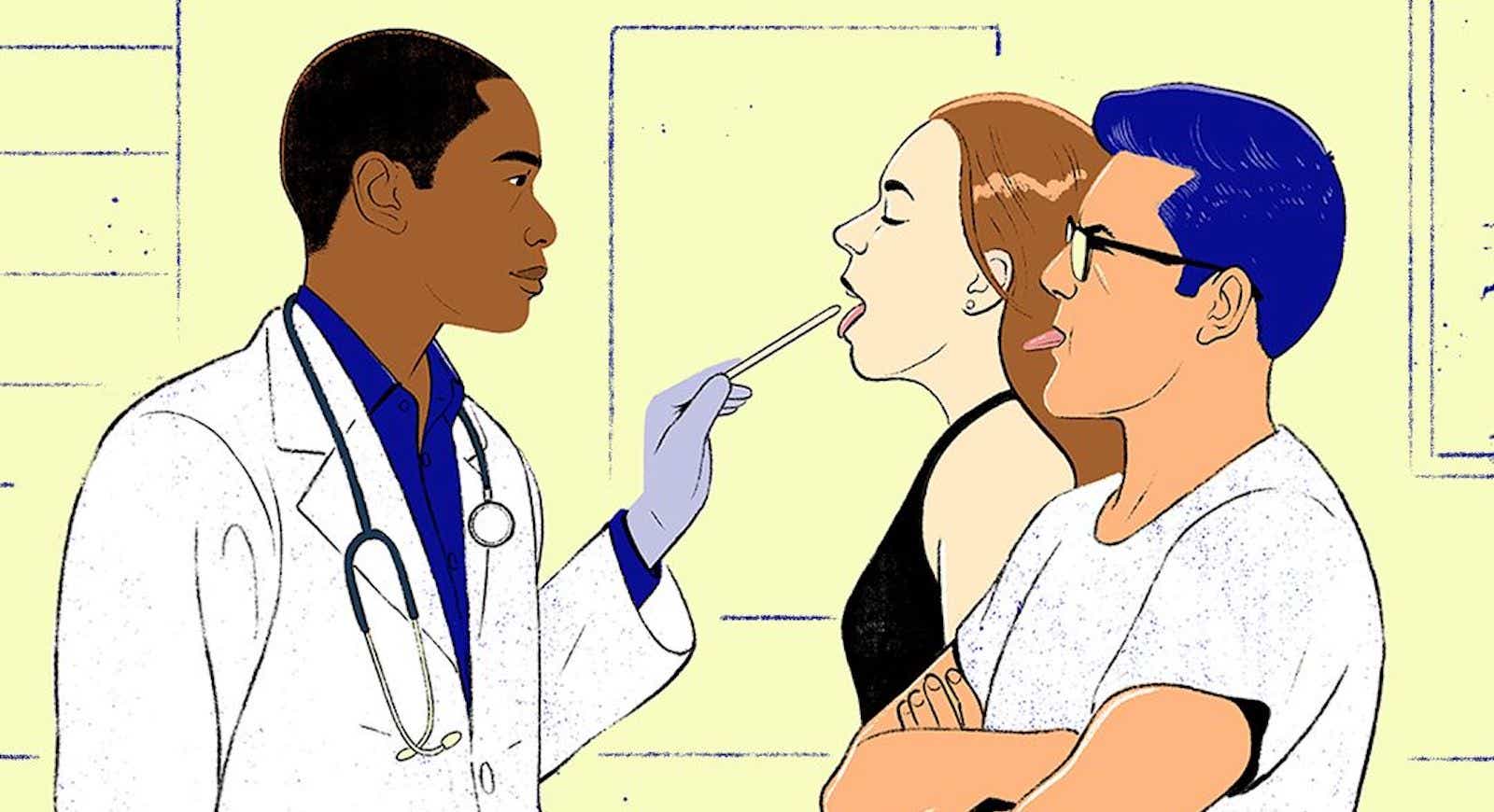Everyone knows that going to the doctor is important — these are the people who make sure your health is in tip-top shape, or can hopefully catch any health problems before they get out of control. But if you’re a man, or there’s a man in your life that you care about, you might notice a reluctance to make these extremely important appointments a priority. Dr. Peter Attia, a physician focusing on the applied science of longevity and the host of The Peter Attia Drive podcast, tells us about why men are so hesitant to go to the doctor… and what to do about it. Read on to see what he has to say, and check back next week for his advice on how to go about finding a doctor that’s right for you.
When it comes to health, there are notable differences between men and women in the U.S.: on average, men die younger than women do. While this is due to a mix of biological, cultural and lifestyle factors, the difference in mortality between the sexes is not purely biological. In other words, there are some preventative measures that men can take that may support living a longer and healthier life. One of those involves finding a good primary care physician.
How can we understand the differences for male health and lifespan? Based on questionnaires and experimental studies, there are gender differences in risk-behavior. In a meta-analysis review of over 150 studies, it became clear that men are more likely to take risks than women. For example, men smoke more, drive more recklessly, and so on. Men are also more likely to work in hazardous occupations. But there’s another important male behavior that may contribute to these lifespan differences: men seem to be less likely to regularly see a doctor. I have heard a number of anecdotal stories about men only going to see their primary care physician when absolutely necessary (i.e., if and when a condition becomes unbearable). Although anecdotes would not be enough to convince me of this general behavior, there’s also plenty of data to back it up.
One study found that while only 8% of adults over age 35 received all of their recommended screenings, women were more likely than men to receive screenings at every age except 50 to 64. Women were significantly more likely than men to have been screened for blood pressure, cholesterol, obesity and depression. Another study found that men had significantly lower odds of having been screened for blood pressure, cholesterol, flu shots and dental health. (I will note, however, that this study found no significant differences in colonoscopy rates, which I have previously written about.) A 2019 Cleveland Clinic national survey confirmed that men do not as readily go to the doctor: 72% of participants said that they would rather do household chores than go to the doctor, and only 50% said they consider getting an annual checkup to be part of taking care of themselves.
I cannot adequately comment on the reasons for this gender disparity. It might be connected to the idea that men are conditioned from a young age to avoid sharing emotions, feelings or stressors. It does seem clear that women in general have a stronger track record for seeking regular care. While most generally healthy people don’t need an annual physical exam, they do need to stay up to date on vaccines and cancer screenings.
Research shows that when people visit the doctor for a specific reason — either because they are sick, or symptomatic — discussion of preventive screenings seldom occurs. An annual preventive care visit seems to be the most effective way to ensure that patients are screened for any issues, and preventative measures can be taken. There are other more intangible benefits to seeing a doctor regularly too: making preventive appointments empowers patients to take care of their health, and building a relationship with a doctor you know and trust makes it much easier to access care if or when urgent health issues do arise.
How to find a good primary care physician also happens to be one of the most common questions I come across. There is no one size fits all approach, but next time, I will walk you through how to find a doctor that can fit your individual needs.









